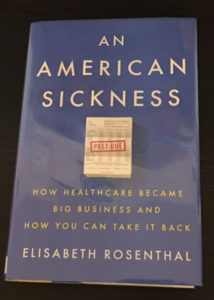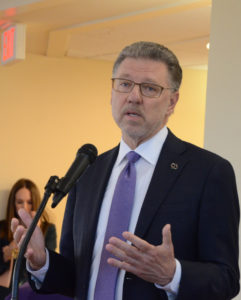By Steve Brawner
© 2017 by Steve Brawner Communications, Inc.
Problems are not hard to find, but there’s also much good in the world if we look for it. In the spirit of this Thanksgiving season, let’s do that for a change.
In Iraq and Syria, ISIS is all but defeated. After taunting the world with their cruelty and barbarism, the jihadists have lost one city after another. When Iraqi and American-led coalition forces last week retook the city of Rahway, ISIS was left with only isolated rural areas in that country, and Syria is in a similar situation. Remember that black-clad spokesman who would threaten the world and then behead an unfortunate victim, all captured on video? He’s long dead, and the fighters that remain are now surrendering.
The defeat of ISIS is liberating Iraqis and Syrians from that horrible group. Meanwhile, millions worldwide are being freed from another type of bondage. In 1990, 1.9 billion people lived in extreme poverty on less than $1.25 a day, according to MDG Monitor, published by various United Nations agencies. In 2015, that number had been more than cut in half, to 836 million. That’s more than a billion fewer people, even as the world population has grown. In 1990, nearly half of all people in developing nations lived in extreme poverty. By 2015, that figure had been reduced to 14 percent. Continue reading Be thankful, because it’s not all bad

